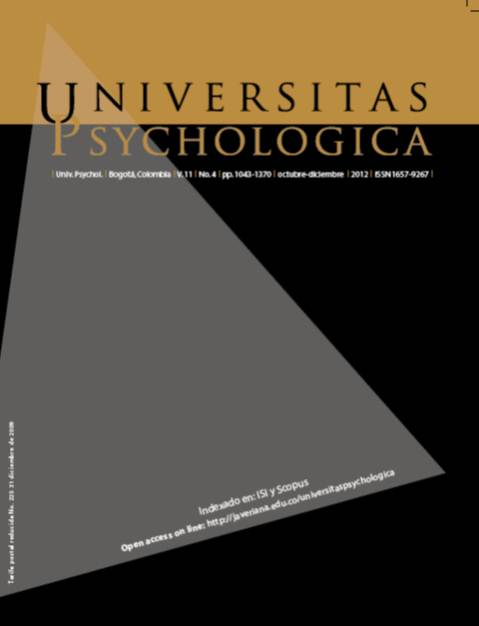Resumen
This paper reviews the prevalence of girls in the U.S. juvenile justice system, compares national and international incarceration rates, and reviews the profile needs of justice-involved girls. The authors offer their Model as an example of how to develop a gender-responsive approach to girls in the justice system, including a description of how the model was operationalized in a community in the United States. Critical developments and emerging opportunities for each of the Model’s components: advocacy, model programming, public education, training and technical assistance, gender responsive tools, systems accountability, and evaluation are highlighted. Lessons learned are offered as a springboard for conversations about how the international community can individually assess their needs and resources and work together to improve the response to girls. The paper concludes with recommendations for choosing, evaluating, and implementing bestpractice approaches for meaningful reform.
Esta revista científica se encuentra registrada bajo la licencia Creative Commons Reconocimiento 4.0 Internacional. Por lo tanto, esta obra se puede reproducir, distribuir y comunicar públicamente en formato digital, siempre que se reconozca el nombre de los autores y a la Pontificia Universidad Javeriana. Se permite citar, adaptar, transformar, autoarchivar, republicar y crear a partir del material, para cualquier finalidad (incluso comercial), siempre que se reconozca adecuadamente la autoría, se proporcione un enlace a la obra original y se indique si se han realizado cambios. La Pontificia Universidad Javeriana no retiene los derechos sobre las obras publicadas y los contenidos son responsabilidad exclusiva de los autores, quienes conservan sus derechos morales, intelectuales, de privacidad y publicidad. El aval sobre la intervención de la obra (revisión, corrección de estilo, traducción, diagramación) y su posterior divulgación se otorga mediante una licencia de uso y no a través de una cesión de derechos, lo que representa que la revista y la Pontificia Universidad Javeriana se eximen de cualquier responsabilidad que se pueda derivar de una mala práctica ética por parte de los autores. En consecuencia de la protección brindada por la licencia de uso, la revista no se encuentra en la obligación de publicar retractaciones o modificar la información ya publicada, a no ser que la errata surja del proceso de gestión editorial. La publicación de contenidos en esta revista no representa regalías para los contribuyentes.


